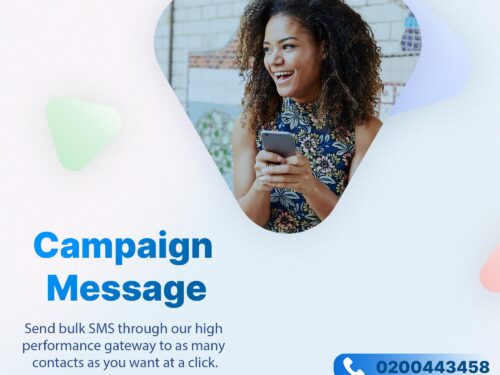
123Movies is an online free movie and series streaming service where anybody can watch movies, TV episodes, and series online without creating an account or dealing with advertisements. Movies, series, and shows of almost all genres are available on our 123Movies so it doesn’t matter what type of content you like to watch, you can always visit our 123Movies websites to watch it online. Every day, the database of our website gets updated with new content so you will find the latest released movies online streaming link here. Also, if you want you can download movies, shows, and series from our website.
With quick and various video sources, the data is vast and updated daily. Simply open 123Movies home page, click on the movie or TV show you want to watch, and start streaming it right away for free. There are many websites with similar names and domains available out there but we will recommend you to use only our 123 Movies website because it is safe and won’t ask you for any personal details. We have made the entire navigation clean and simple so anyone from anywhere around the world can use our 123Movies website without any assistance.
The interface of our 123Movies website is clean and simple so you won’t have any issues in finding the content and streaming it. The website is responsive in design so it will look and work the same on PC and mobile devices. Remember that some features might break on devices with small screens but we are working on it. We guarantee that there is no other 123Movies website like us that provides so much cleaner interface and access to content like us. Even if you are using our website for the first time, you won’t need any assistance in finding the content to watch.
Зетфликс — ссылки на различные фильмы и сериалы, доступные в Интернете. Зетфликс — лучший сайт для бесплатного просмотра фильмов. Зетфликс предлагает фильмы лучшего качества, доступные в Интернете. Зетфликс — это индекс ссылок на фильмы, доступные в Интернете. На Зетфликс доступна по-настоящему высокая скорость потокового вещания. Мир больше не является местом, где только богатые могли позволить себе высокотехнологичные гаджеты или, возможно, Интернет. Почти у каждого человека есть смартфон и доступ к высокоскоростному Интернету, жизнь стала намного проще. Просмотр фильмов и развлечения — это то, чем пользуется большинство людей, особенно когда в настоящее время не так много вариантов.
Одной из таких платформ является Зетфликс , где вы можете смотреть все свои любимые фильмы под одной крышей. Со специфичным для региона контентом из таких стран, как Великобритания, Италия, Канада, Испания, Германия, Франция, Австралия и Япония, есть широкий выбор фильмов. Все фильмы, на которые ссылается Зетфликс , уже присутствуют в Интернете, Зетфликс формируется как коллективная библиотека фильмов, представленных в Интернете. Зетфликс — одна из тех немногих платформ, которые не позволяют вам идти куда-то еще в поисках качественной онлайн-трансляции фильмов и сериалов.
Хотя вы можете встретить несколько веб-сайтов, которые помогают с онлайн-трансляцией фильмов и телесериалов, мы выделяемся. С нами вам не нужно оформлять подписку или, возможно, создавать учетную запись. Выберите фильм по своему вкусу и начните смотреть его на Зетфликс . Отличное качество видео от Зетфликс Компания Зетфликс верит в то, что видео самого высокого качества поможет вам получить наилучшие впечатления от просмотра. Независимо от того, наслаждаетесь ли вы просмотром в одиночестве или приглашаете друзей на встречу, мы гарантируем, что вы прекрасно проведете время за просмотром фильмов по вашему выбору без каких-либо компромиссов в качестве. Зетфликс есть фильмы всех жанров Неважно, какой тип фильма вам нравится смотреть, Зетфликс подберет для вас все.
Вам не нужно прокручивать список в поисках фильма по вашему выбору. Просто щелкните раздел, который вы предпочитаете, и мы поможем вам с правильным фильмом. Фильмы со всего мира в 123movies Мы верим в то, что можем помочь нашим зрителям получить опыт, который не привязан к конкретному региону. Мы помогаем вам с фильмами со всего мира, чтобы вы могли изменить то, что смотрите. Несмотря на то, что вам может нравиться определенный тип фильмов, бывают моменты, когда вы захотите внести изменения. Доступ к https://зетфликсс.online можно получить в любое время в любом месте Когда дело доходит до доступа к веб-сайту Зетфликс для просмотра фильма по вашему выбору, мы поможем вам сделать это в любом месте и в любое время, когда вы захотите. Вы выбираете время и место, а мы готовы вам помочь.
лордфильм – смотреть новые фильмы онлайн в хорошем …https://лордфильм.site/ Наш портал предлагает новые фильмы в Full HD качестве только для вас! На любой вкус и жанр, совершенно бесплатно, даже на телефон. https://зетфликс.online https://zetflix.website https://123freemovies.fun/ https://лордфильм.site/


